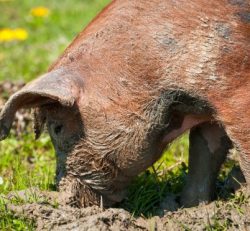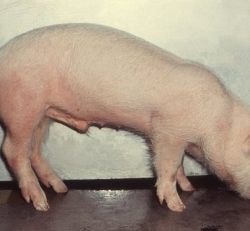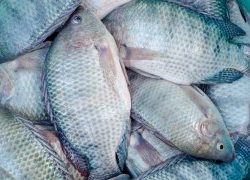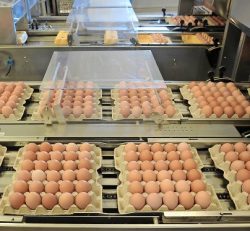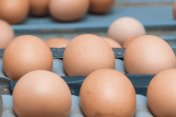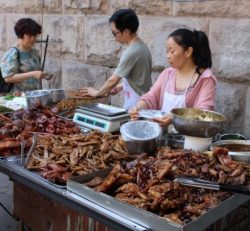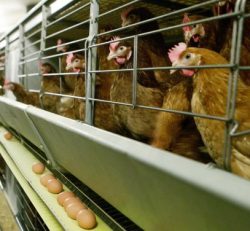FEEDING THE WORLD: EAT MORE MAIZE
We can feed the world if humans change their dietary choices. This will entail eating more maize for example.
It is often said that we have to produce more crops and animal protein to feed the growing world population. However, the challenge of sustainably producing sufficient food for the growing global population will not necessarily be solved by increases in production say researchers from Lancaster University in a new paper, published in Elementa.
Fundamental changes to human diets
The researchers explored whether we could feed a growing population with the food we already produce. They hypothesise that current crop production is sufficient to provide enough healthy food for the predicted 9.7 billion world population in 2050, although this will require radical shifts in behaviour.
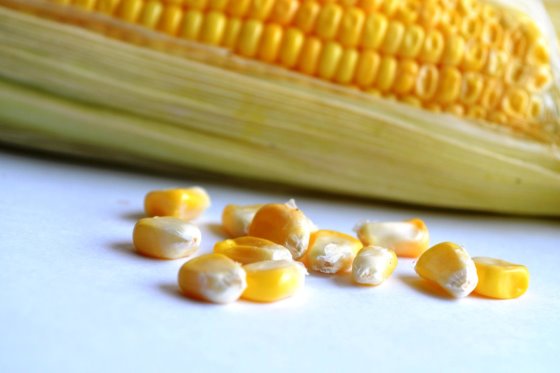
The researchers conclude that a global food system that is sustainable, both environmentally and for human health and wellbeing, may be thought to have 4 requirements. Photo: Pixnio
Most importantly the researchers say there needs to be fundamental changes to human diets, replacing most meat and dairy with plant-based alternatives, and a greater willingness to eat crops such as maize which are currently fed to animals.
If we continue to feed these types of crops to animals (alone), the researchers calculated that we will require a 119% increase in edible crops grown by 2050. The researchers acknowledge that meat and dairy, particularly that are produced from grass, pasture and cereal crop residues, may be important to people who do not have access to diverse food types and who cannot access dietary supplements.
Access to a healthy, balanced diet
The researchers conclude that a global food system that is sustainable, both environmentally and for human health and wellbeing, may be thought to have 4 requirements.
- Food production must be sufficient, in quantity and quality, to feed the global population without unacceptable environmental impacts.
- Food distribution must be sufficiently efficient, such that a diverse range of foods containing adequate nutrition is available to all, again without unacceptable environmental impacts.
- Socio-economic conditions must be sufficiently equitable, such that all consumers can access the quantity and range of foods needed to enable a healthy diet.
- Consumers need to be able to make informed and rational choices, such that they consume a healthy and environmentally sustainable diet.
Whether or not global society can adapt to meet these 4 extremely challenging requirements is debatable, given the enormous and complex obstacles in current political economy, socio-cultural norms and inequalities in wealth, access and social power.
In this study, the researchers did not take account of crop yield changes such as those that may result from new technologies, land use or demographic changes, farming practices or climate change, but simply kept crop yields at 2013 levels.
[Source: ScienceDaily]
Source: www.allaboutfeed.net


